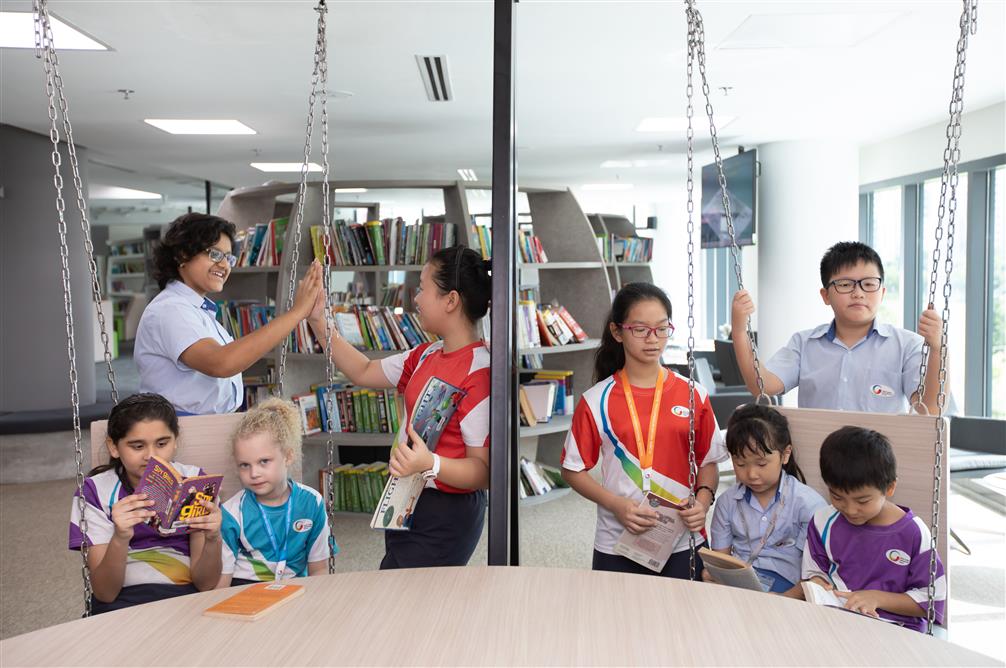
Moving overseas can be challenging, especially for your children, especially when it comes to their schooling. Mainly, you have two choices when it comes to their education.
First, you can send your child to a regular school; however, it will require plenty of adjustments from your child. Another option, which has proven wonders in years, is sending your child to an international school and affording them a unique and global education that they can’t get anywhere else.
Of course, as a parent, you’d always want the best for your child, and the best way is to send them to an international school to make sure they settle in well and gain quality education. But, first of all, we’ll answer the question of what an international school is.
Explaining international schools
When international schools were first built, they were designed to provide a school for the children from an international community to learn in their new country. Typically, they are in big cities to give access to most expats.
While international schools are mainly for expats, nowadays, they have become popular with local communities who want to provide their children with global education.
Most of the time, international schools are designed for different nationalities. For example, most British families in other countries send their children to international schools with a programme of study based on the National Curriculum of England.
If you want a checklist that covers what you need to look for in an international school, the International Association of School Librarianship (IASL) released a set of criteria for international schools:
- Students can transfer their education across international schools.
- A mobile population (higher than public schools).
- A multinational and multilingual student population.
- An international curriculum.
- International accreditation.
- A multinational and multilingual teacher population.
- Non-selective student enrollment
- English or a bilingual language of instruction.
However, while the criteria are a good reference, it’s also essential to note that international schools aren’t required to follow them, so there will be variations between different international schools.
However, these criteria are not set in stone; for example, some international schools are selective.
Why choose an international school for your children
Enrolling your child at an international school offers lots of short-term and long-term benefits for your child:
- International and multicultural education – Because expats and locals make up an international school’s population, naturally, they will have an international and multicultural environment. It will allow children to meet and befriend other children from other nationalities and cultures without worrying about communication since English is the language of instruction at international schools.
- It’s easier for your child to settle in – International schools know that their students are new to the country. It’s why they try to do everything they can to understand students and help them settle into the new country.
- An international curriculum that’s also accepted in other schools – If your family has to move back home, you can enroll them at a school without having to worry about their education not being credited.
- British education is recognized worldwide – Everyone knows how good a British education is. With English also being a language used worldwide, sending your child to a British international school will allow your child to have an education recognized worldwide.
- The best teachers – International schools have the budget to offer competitive salaries for educators, which means they will likely attract the best teachers for your children.
- Outstanding extra-curricular activities for the students – It’s not all about academics in international schools. They also take care of students’ other interests by offering excellent facilities that allow a wide selection of extra-curricular activities for the students.
Why not international schools?
As great as international schools are, they aren’t for everyone, as they also have some potential disadvantages:
- Students keep moving around – With expats sometimes needing to move to another location again, the student turnover rate is pretty high at international schools. It means students often have to make new friendships all the time. The high turnover rate also extends to the staff, as there’s always a chance that they decide to go home or go to another country.
- Alienation from the local culture – With an international environment, there’s a chance for students not adapting to the local culture enough since they are stuck in an international community without too many local students. It can also result in students not learning the local language.
- A competitive environment – An international school pushes for excellence, but it can also backfire. It’s because parents, teachers, and students can get too competitive at times, leading to toxic interactions.
- Waiting lists and strict entrance exams/interviews – Sometimes, getting your child into an international school is not easy. Some schools have long waiting lists because they are highly regarded. Some also have an entrance exam and interview before enrollment. Furthermore, another limitation is that international schools can be expensive.
- Teachers don’t always have teaching qualifications – It’s important to know that international schools also appoint teachers without formal qualifications. It’s not a problem if they can teach effectively, but it’s still something that you need to know.
International education for your child’s bright future
International schools offer many advantages, such as an international environment, excellent facilities and extra-curricular activities, and a global education that you won’t get in other types of schools. If you’re an expat in Thailand, sending your child to a British International school in Thailand is the best for their future.





